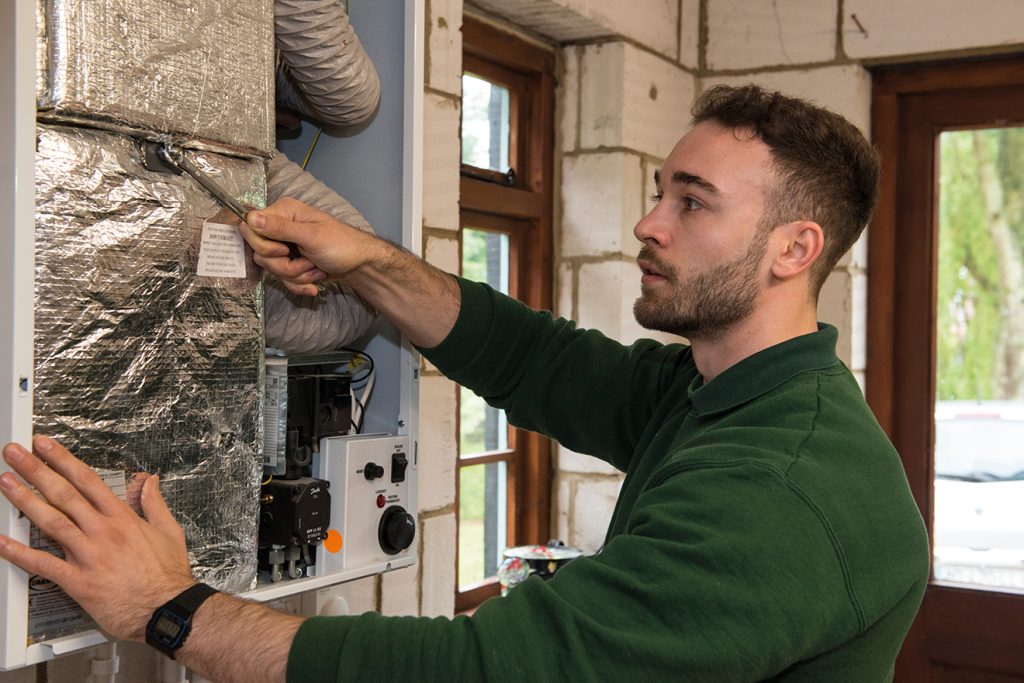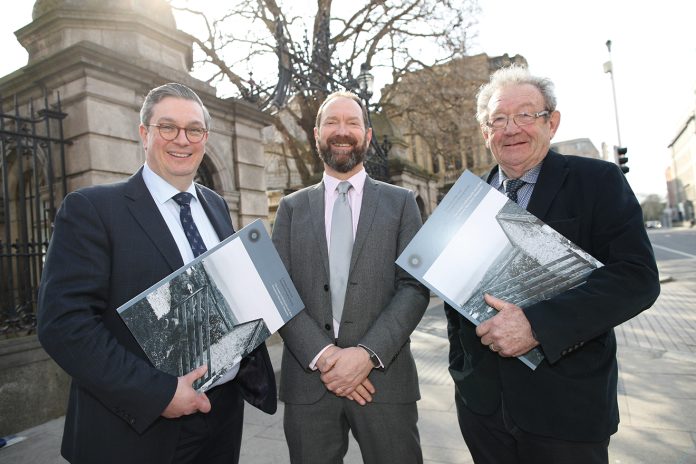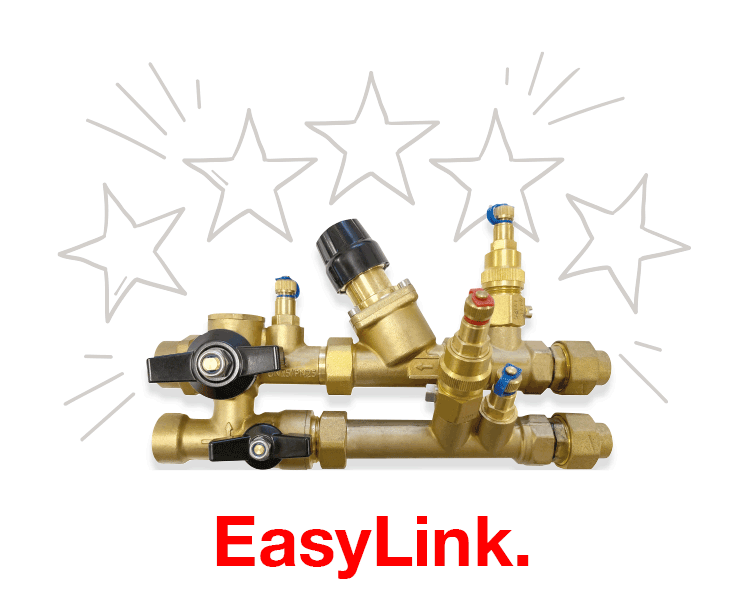In Northern Ireland we have seen the Department for Economy issue an update on the Department for Energy’s 2022 ‘actions’ in March 2023.
Since the Energy Strategy was published, we have a Climate Change Act passing into law last Spring and NI now has ambitious plans to meet its Net Zero targets by 2050.
We need to focus on solutions and, at a recent meeting with DfE, they advised that they are ‘agnostic’ to overall solutions and are open to considering multiple pathways to addressing the issue and that we will ultimately be driven by an evidence base.
This is good news and instead of ‘no carbon’, they now talk about ‘low and no carbon’ options.
OFTEC believes that there is no one solution for decarbonising heating and there will be a variety of options. Of course, these options and pathways must be reasonable and sustainable.
We look forward to working with DfE as part of a biofuels focus group ahead of the heat consultation late this year.
In the Republic, at policy level, electrification is still the only solution. However, a number of TDs are now starting to speak out against the strategy and ask for biofuel and biogas inclusion.
The latest is Barry Cowen, an Irish Fianna Fáil politician who has been a TD for the Laois–Offaly constituency since the 2020 general election. He recently stated that he has doubts about the ‘version of reality’ in which Eamon Ryan and the Greens believe and say we need other solutions to meet our climate targets.
Another blow to the Government’s policy is the low take up for deep retrofits. Various articles have been published pointing to low take up but the report from Deputy Denis Naughten, the former minister who introduced the home retrofit grant scheme, is probably the most damning.
The article reports that he had to abandon plans to avail of retro fit works at his own house because of the cost. According to the article, Naughten said that the price quoted for retrofitting his home last year increased 53% in three months.
Naughten is quoted saying that “the price was up 33% but the cost to me was up 53% because the grant doesn’t increase with the cost of the works.”

One of the stumbling blocks we have in the Republic is that biofuels are not recognised in Dwelling Energy Assessment Procedure (DEAP), the software used to produce Building Energy Rating Certificates (BER), similar to the EPC produced in the UK.
The DEAP software is managed by the Sustainable Energy Authority for Ireland, and OFTEC have been lobbying them behind the scenes.
The good news is that they have agreed to a face-to-face meeting in June and we are very hopeful that, with the mounting evidence base that modern synthetic and biofuels are now in such abundance, (and recognised as a heating source in the UK SAP Model), Hydrotreated Vegetable Oil (HVO) will be recognised and permitted as part of the DEAP procedure going forwards.
The SEAI’s stated mission is to be at the heart of delivering Ireland’s energy revolution. It is increasingly clear that HVO has a role to play in that revolution.
It has now been clearly demonstrated that biofuels such as HVO offer a more affordable, accessible and highly effective alternative to mechanisms such as deep retrofitting which currently receive an unwarranted, disproportionate amount of politicians’ attention.
Just as it is currently being done in the area of transport, biofuels including HVO hold the potential to have an immensely positive impact in reducing the carbon emissions caused by heating.
They can, and OFTEC firmly believes that they can and will play a key role in helping Ireland achieve carbon neutrality by 2050. Watch this space.











